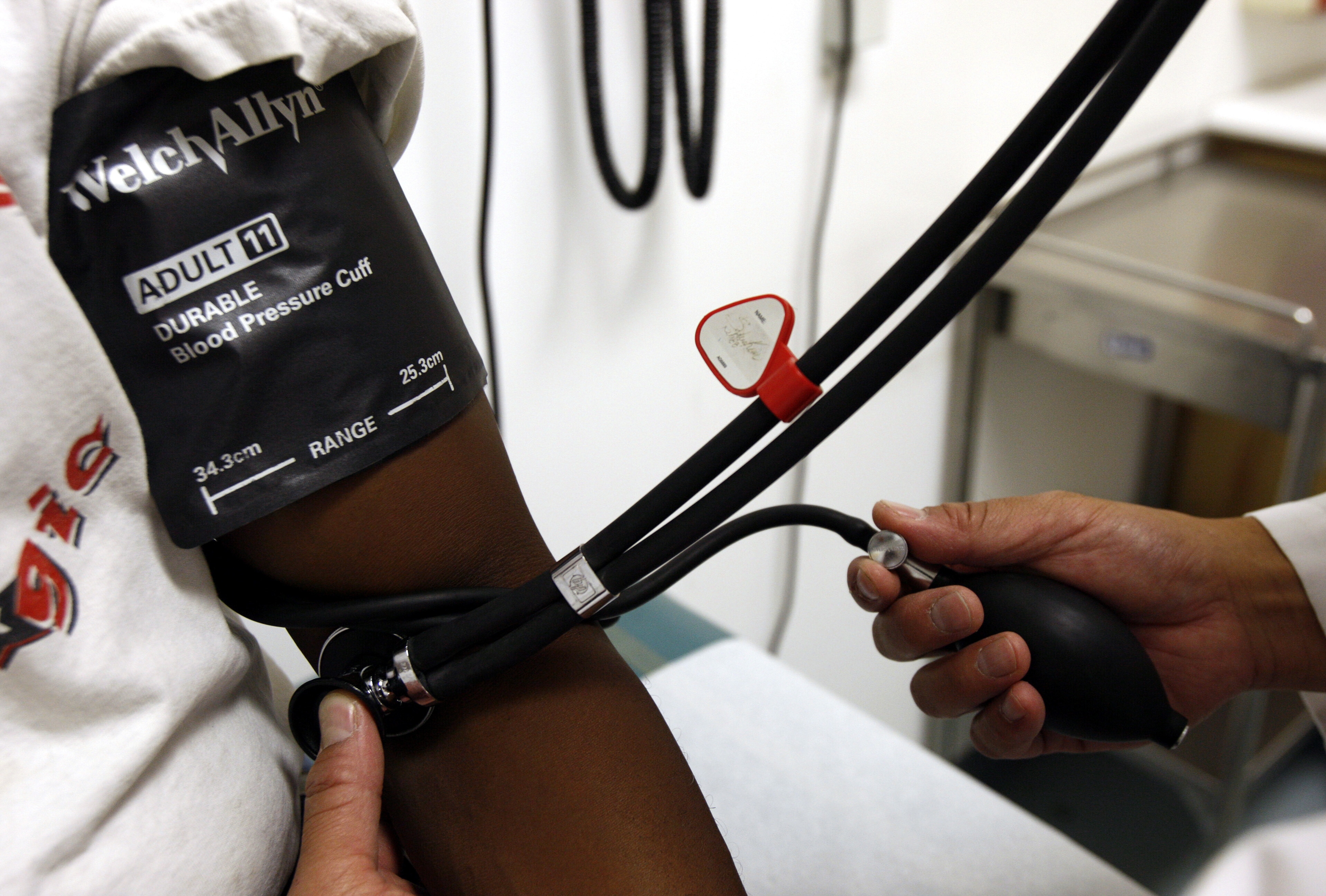COVID-19: What you need to know about the coronavirus pandemic on 10 March

Vaccination programmes continue around the world, with many countries delivering doses to developing countries.
Image: REUTERS/Kim Hong-Ji
Explore and monitor how COVID-19 is affecting economies, industries and global issues
Stay up to date:
COVID-19
- This daily round-up brings you a selection of the latest news and updates on the COVID-19 coronavirus pandemic, as well as tips and tools to help you stay informed and protected.
- Top stories: WTO chief calls for urgent vaccine boost in developing countries, US vaccinates over 93 million and South Korea to prioritize vaccines for auto chip buyers.
1. How COVID-19 is affecting the globe
Confirmed cases of COVID-19 have now passed 117.5 million globally, according to the Johns Hopkins Coronavirus Resource Center. The number of confirmed deaths stands at more than 2.61 million.
Zimbabwe has authorized the emergency use of four COVID-19 vaccines, including Russia’s Sputnik V and China’s Sinovac, the minister of information said on Tuesday.
The United States has administered 93,692,598 doses of COVID-19 vaccines as of Tuesday morning and distributed 123,232,775 doses, the U.S. Centers for Disease Control and Prevention said.
Pfizer, BioNTech can raise capacity to 3 billion COVID-19 vaccine doses next year, depending on demand and potential requirement of additional boosts to vaccines, CEO Ugur Sahin told Bloomberg News.
Turkey COVID-19 cases hit two-month highs with nearly 14,000 new cases reported on Tuesday, more than a week after President Tayyip Erdogan announced an easing of measures to curb the pandemic.
Bulgaria reported 3,502 new COVID-19 cases on Wednesday, its highest daily tally in three months.
2. WTO chief calls for urgent boost to vaccine production in developing countries
Ngozi Okonjo-Iweala, the new World Trade Organization chief, highlighted the urgent need to boost COVID-19 vaccine production in developing countries.
“The fact is that each additional day the vaccine shortage continues, people will pay with their lives,” Okonjo-Iweala told a summit on vaccine production, adding that around 130 countries were still waiting for vaccines.
Okonjo-Iweala was previously chair of the board of global vaccine alliance GAVI, and has said health and vaccine access would be a top priority at the WTO.
New vaccine manufacturing sites could be prepared in six to seven months, or less than half the time previously thought, she said at the summit.
Seven of the WTO's 164 members released a document on Tuesday urging Okonjo-Iweala to hold talks with COVID-19 vaccine developers and manufacturers on boosting production.
3. South Korea to prioritize vaccination of auto chip buyers
Business people working to secure supplies of auto chips will be exempt from two-week COVID-19 quarantine requirements and prioritized for vaccination, the South Korean government said on Wednesday.
This comes as a global chip shortage has affected automakers like Volkswagen and General Motors, forcing production cuts worldwide.
South Korea’s leading automaker Hyundai Motor has managed to keep factories running, but a Hyundai union official told Reuters that overtime production of less-popular models had stopped and production schedules were changing from week to week.
From April, Koreans and foreigners involved in auto chip imports or production would no longer have to quarantine for two weeks on arrival in the country from abroad, to help deal with the shortage.
For those departing the country for essential purposes such as purchasing and procuring auto chips, COVID-19 vaccines would be made available.
Don't miss any update on this topic
Create a free account and access your personalized content collection with our latest publications and analyses.
License and Republishing
World Economic Forum articles may be republished in accordance with the Creative Commons Attribution-NonCommercial-NoDerivatives 4.0 International Public License, and in accordance with our Terms of Use.
The views expressed in this article are those of the author alone and not the World Economic Forum.
Forum Stories newsletter
Bringing you weekly curated insights and analysis on the global issues that matter.
More on Health and Healthcare SystemsSee all
Ashwini Sharan and Abhishek Jain
September 15, 2025
Shyam Bishen
September 15, 2025
Andrew Hebbeler, Mayra Ameneiros and Valeria D’Amico
September 8, 2025



